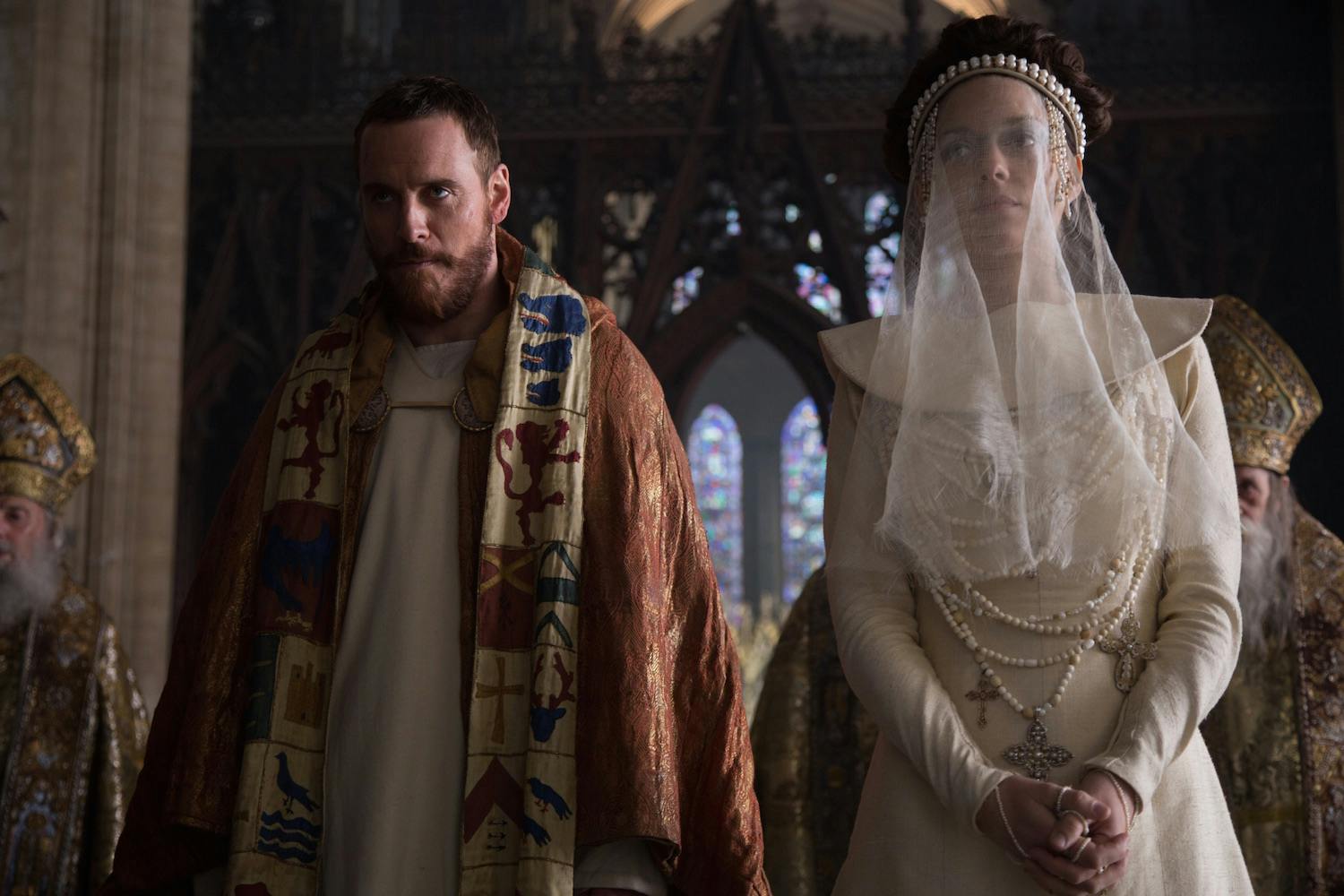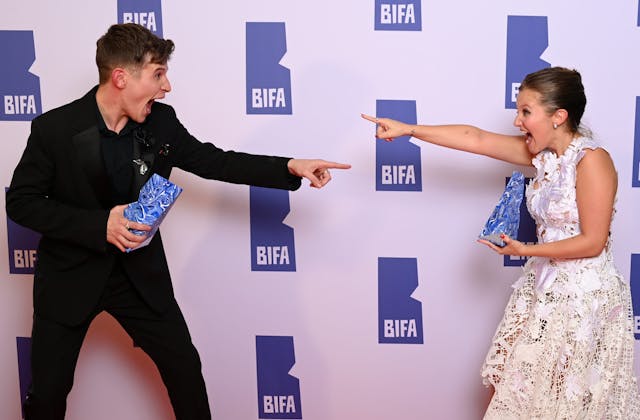DAMON WISE SEES THE DARK ROOTS OF JUSTIN KURZEL’S MACBETH IN HIS DEBUT SNOWTOWN
Justin Kurzel made his debut feature in 2011 with Snowtown, the grim study of convicted serial killer John Bunting, who killed 11 men and women in a South Australian smalltown between 1992 and 1999. At first sight, there is nothing to suggest its director would go on to direct an adaptation of Macbeth, William Shakespeare’s famous tragedy, but when his visceral, atmospheric retelling was unveiled at Cannes this year, it was clear the two movies came from the same mind: where Snowtown told of evil in the most ordinary of settings, Macbeth sought to humanise the most ruthless couple in all of literature.
The project came to Kurzel via Iain Canning and Emile Sherman’s See-Saw Films after another project stalled. ‘I was a theatre designer, so I’d designed it before,’ he recalls. ‘I knew it well and I loved it, but I never in a million years would have thought that I’d be doing it as a film. It was really when Iain and Emile mentioned Michael Fassbender that I started to define what this film could be. There’s a wonderful internal light in Michael – I instantly saw a Macbeth that was more grounded and fragile than maybe I’d seen in the past. And as I began working on it, I realised there were themes that started bringing me back to Snowtown – about man’s warp towards evil, the idea of never being able to find the light to return, the dismantling of people’s families and lives. So it was pretty organic.’
Kurzel describes the original screenplay as ‘hinting at being a western’, but he soon became fascinated by the warrior aspect of Macbeth. ‘So I started researching the eleventh century,’ he says, ‘which would have been the real Macbeth’s time, and the further I started researching, the more I discovered how brutal the period was. Kings were killed, people went off to war in hand-to-hand combat for two, three years and didn’t see their families. I also read some pieces about post-traumatic stress and how it defined many of the warriors of the age.’
With an idea of Macbeth in place, Kurzel began work on his wife, to be played by Marion Cotillard, whom we see at the beginning at the film mourning their dead son. ‘We wanted to set these two characters up in a place of fragility,’ Kurzel explains. ‘We were interested in the idea of them losing a child. It’s suggested in the play – “I have given suck,” she says – and we were really interested in starting in a place where these two were desperately trying to cling on to something, and not let this world of battle and grief pull them under.”
For the film’s star, Kurzel’s vision was essential to the piece. ‘Traditionally when you deal with the character of Lady Macbeth,’ says Fassbender, ‘the view is of an ambitious woman. But the approach we took was that she’s a woman who’s suffering loss. The loss of at least one child, the loss of a husband – she never sees him, he’s always out on battle campaigns. So when she comes up with the plot to kill Duncan and take the crown, she’d doing that to forge their relationship again, she’s trying to reconnect with him. And with Macbeth, we’re dealing with a man who’s suffering very severely from post-traumatic stress disorder. I’d never thought of that before, and it was a huge help for me. It unlocked a lot.’



